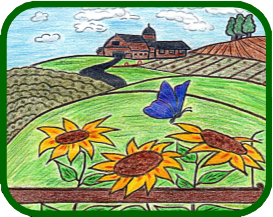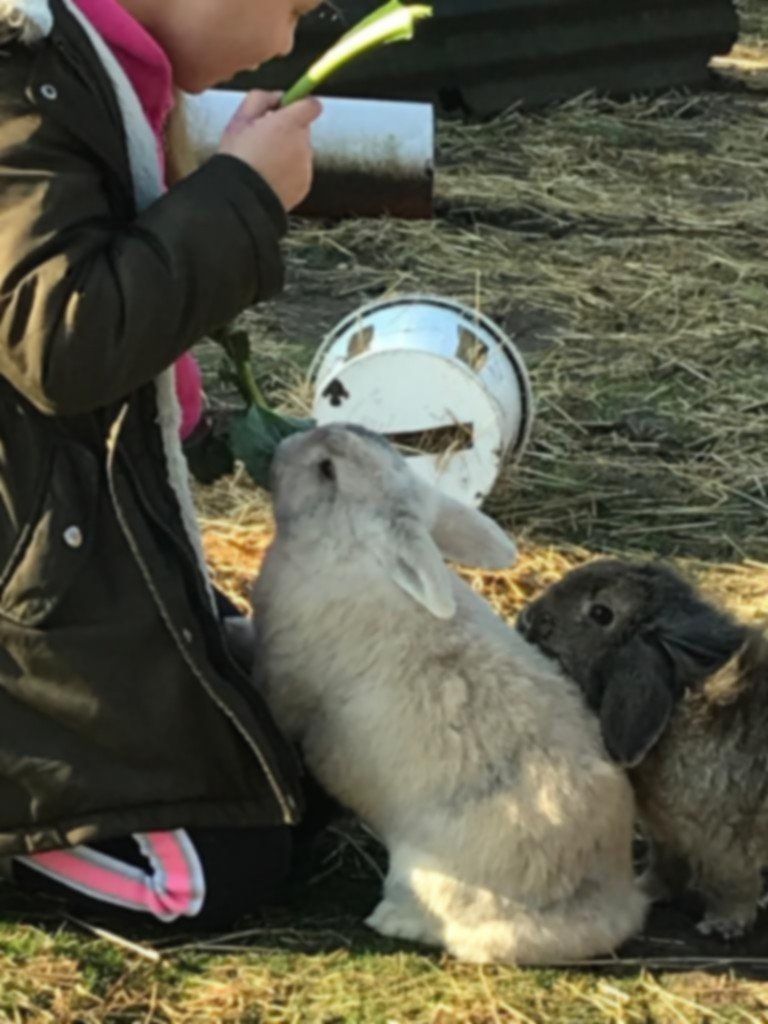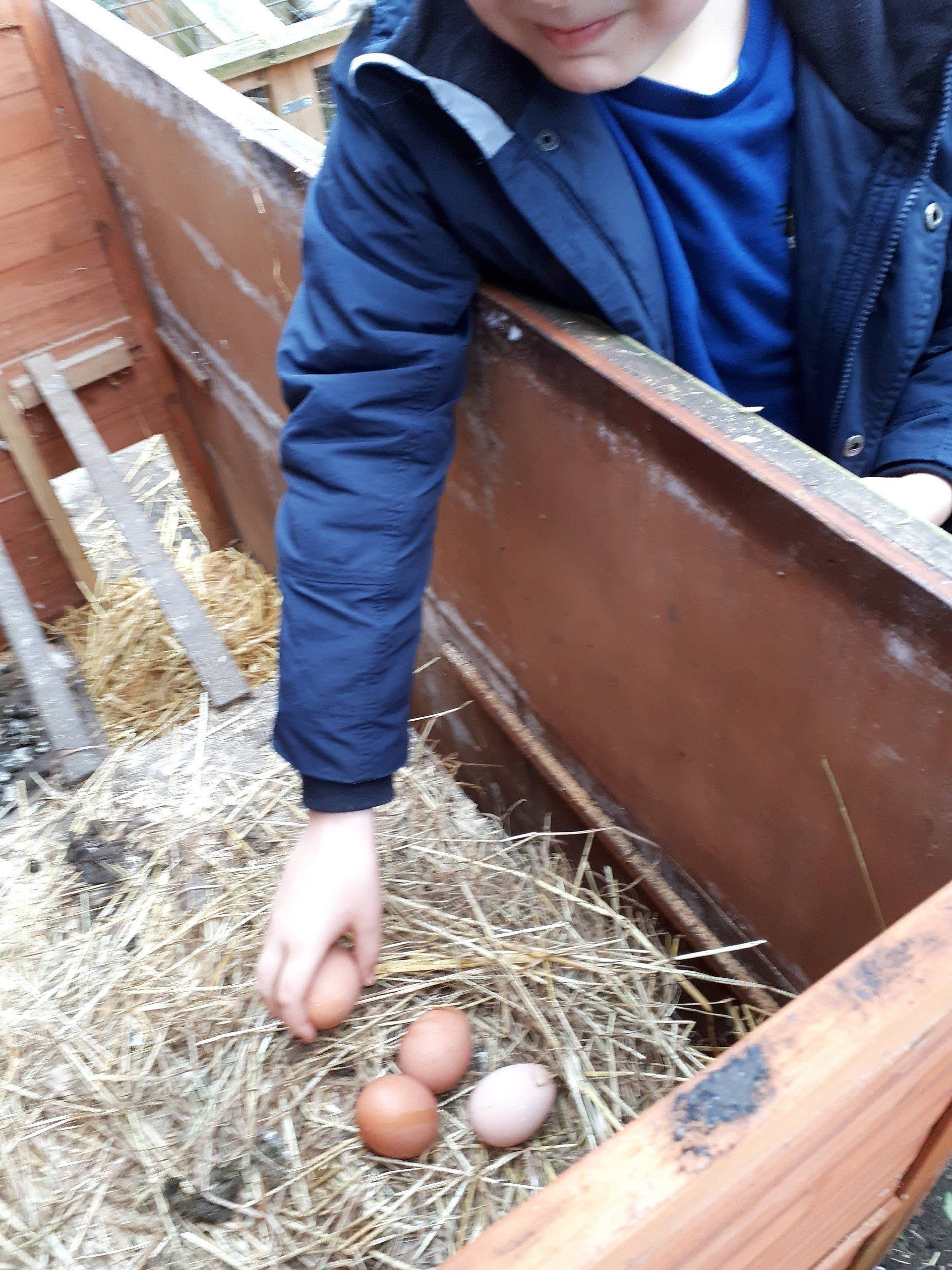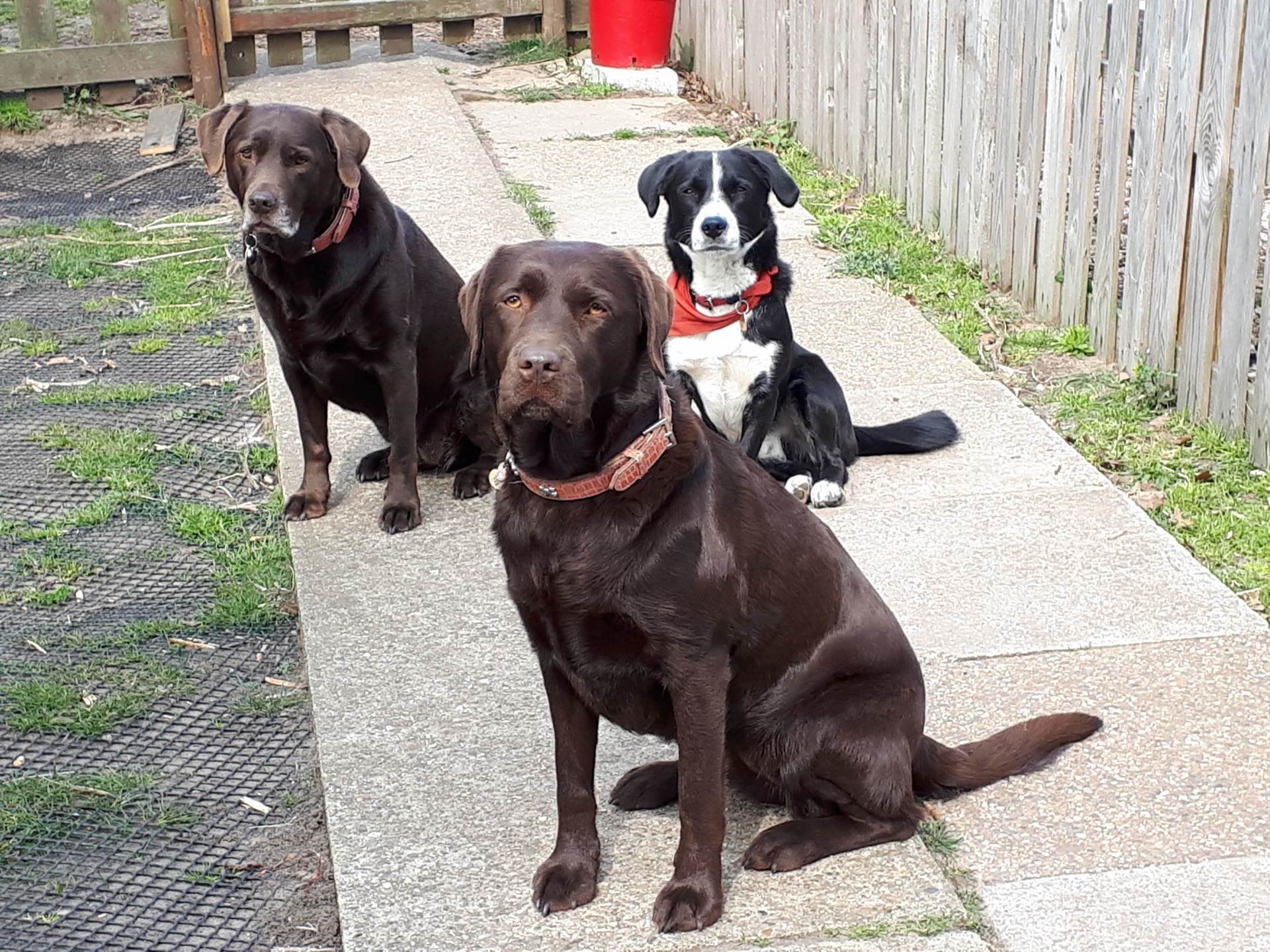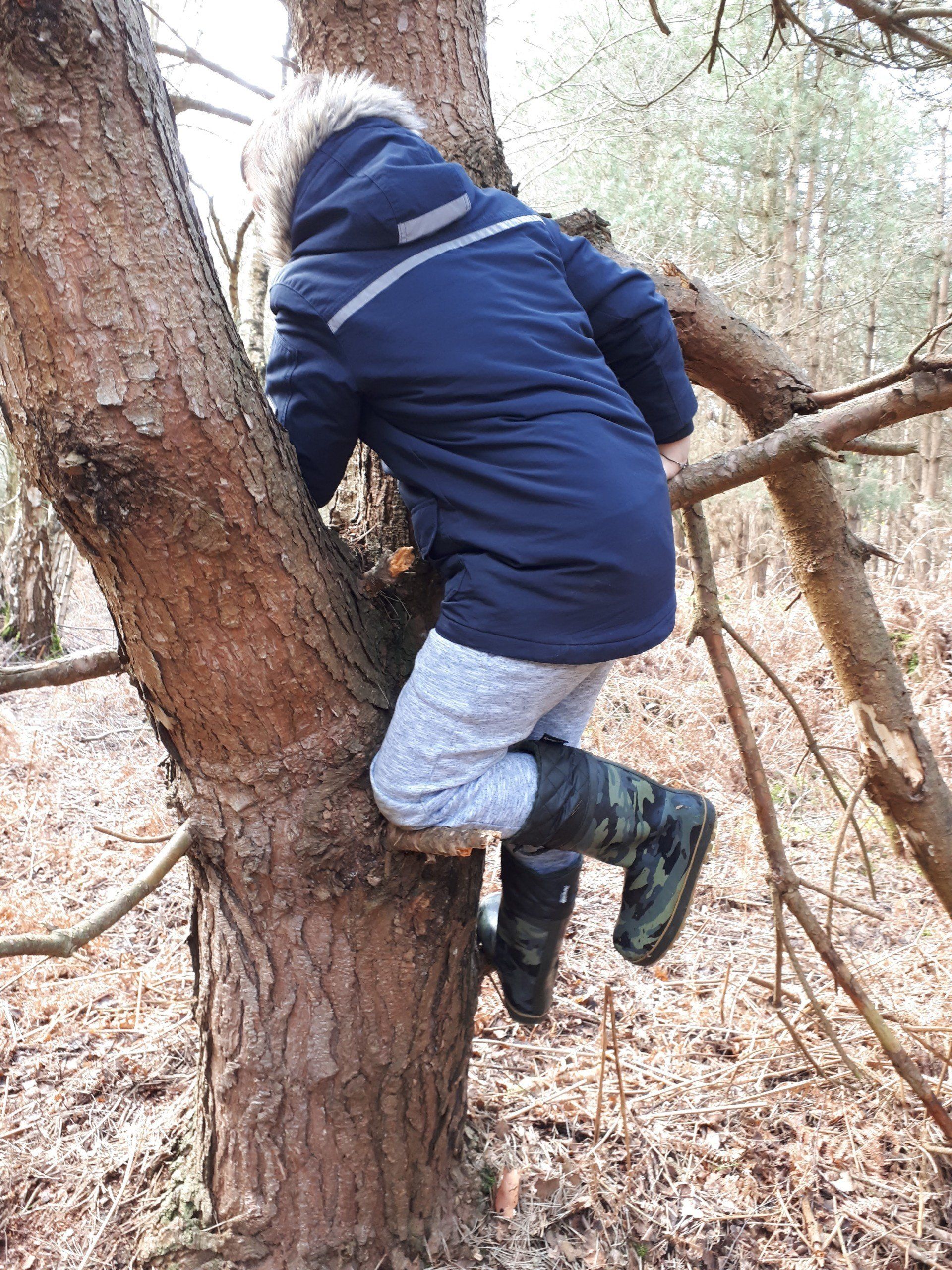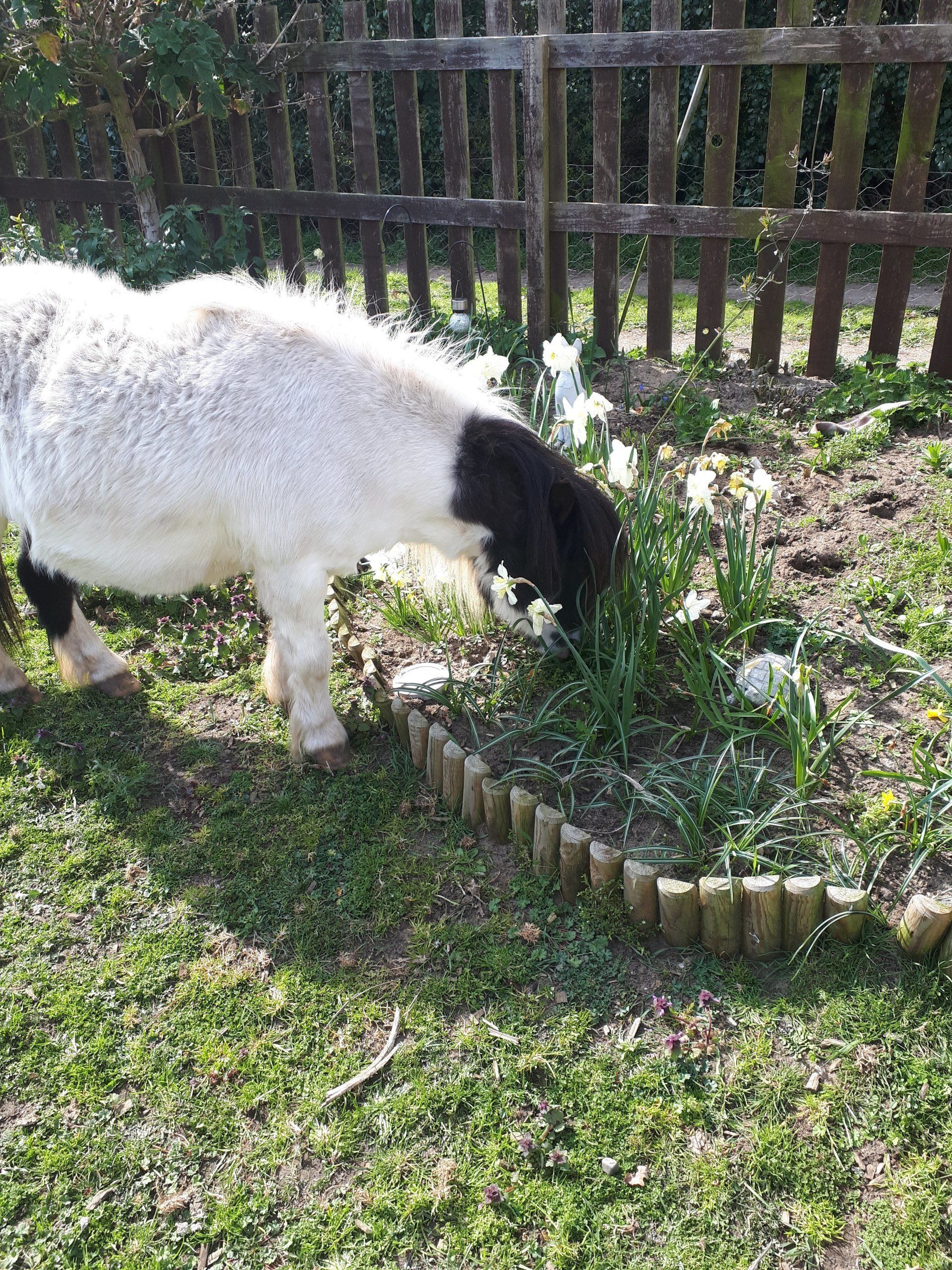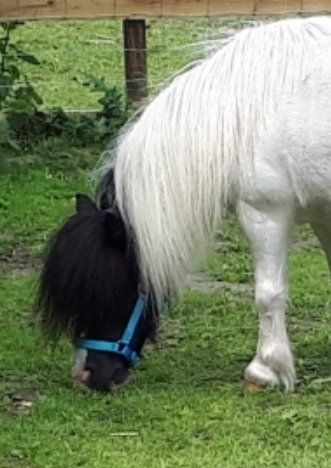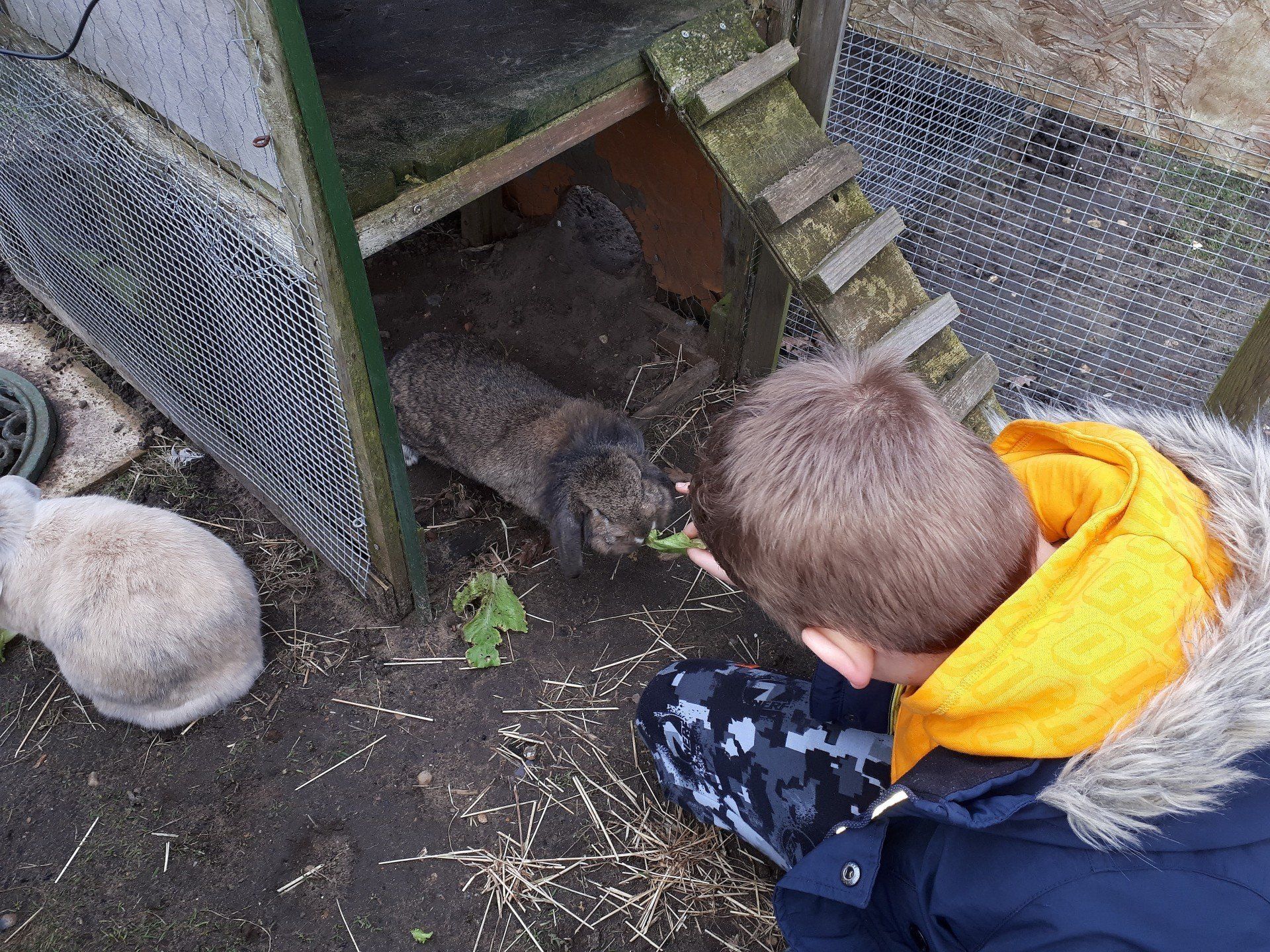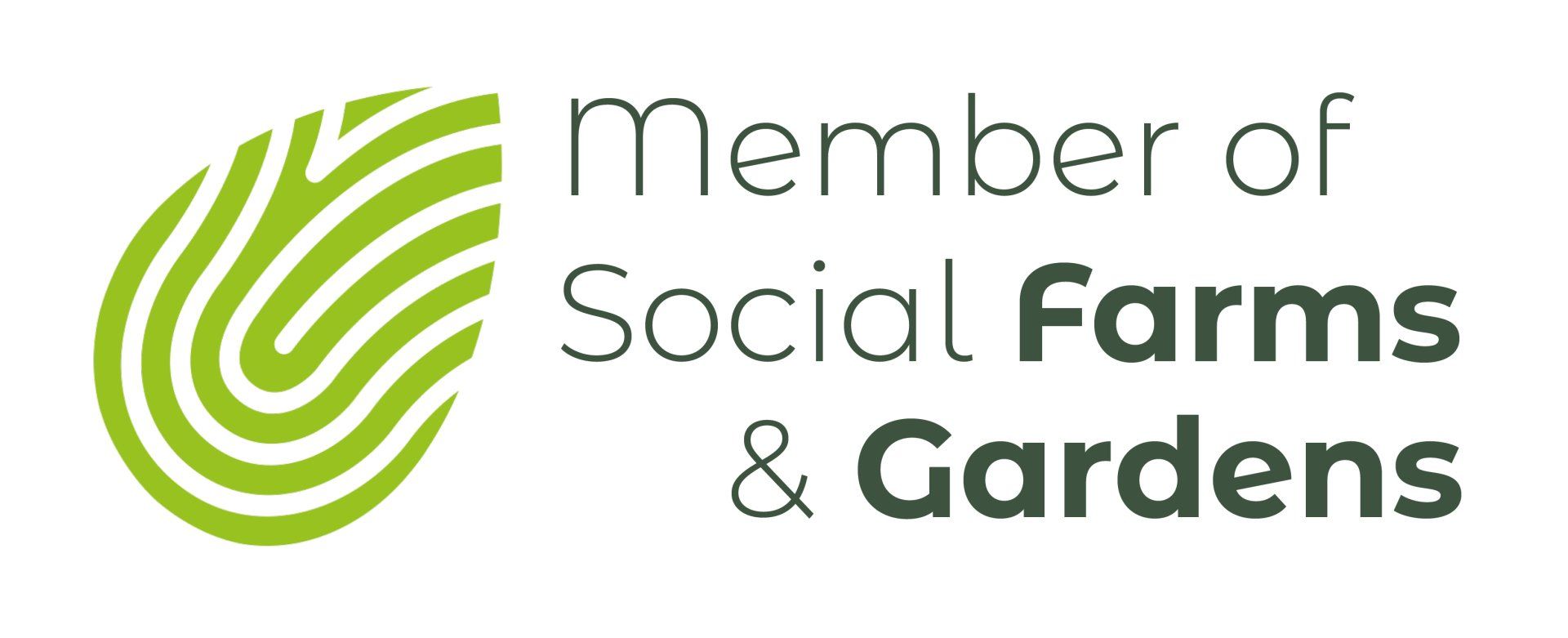Primary Schools
The Sunflower Community Care Farm is an ideal environment for primary aged children with emotional and behavioural issues, whose mental health is proving a barrier to learning or who are at risk of exclusion, because it can assist them to :
- Learn and explore the natural environment;
- Feel, express and manage a range of positive and negative emotions;
- Form and maintain good relationships with others;
- Develop resilience and skills to thrive;
- Cope with, and manage change and uncertainty;
- Build self-confidence and self-esteem.
The farm is three and a half acres, surrounded by farmland and with direct access to Rendlesham forest. There is a relaxed and happy atmosphere where activities are carried out in small groups.
All our animals have been chosen for their friendly and calm temperaments. We have horses, a pony, goats (Pipkin was born on the farm in March 2018), chickens, guinea pigs, dogs, two cats (who are a bit shy) and rabbits. There is also a growing number of other wildlife that frequent the farm and our pond.
May will stand still for as long as she is receiving attention, and Maizie is inclined to lie on your feet to ensure continued petting.
Tilly, our miniature Shetland, is a bit of a free spirit and takes her job of keeping the grass down very seriously. She wanders around the farm all day, sometimes asking to be put in the field with the other horses (which she is allowed to do) and sometimes asking to eat the goat feed (which she is not allowed to do).
Benefits for children attending include:
Increased amount of physical activity which contributes to a positive mood;
Improved communication skills and social competence;
Gaining responsibility and improving sensory and motor skills;
Development of listening and social skills which can help improve confidence;
Development of a knowledge of the environment and why it is important to care for it and things that live amongst it;
Improved critical and problem-solving skills.
Activities may vary depending on the groups attending and the time of year, but the following are examples of things we do:
- Feed the animals
- Collect eggs
- Walk the goats to eat weeds
- Plant vegetables
- Water plants in greenhouse
- Clear stripped branches from goat field
- Groom the horses and goats
- Dust chickens for mites
- Clip goats’ hooves
- Sweep tack room
- Mow grass
- Weed beds
- Clean tack
- Walk the dogs and Tilly
- Harvest vegetables
- Clean out the animals
- Pond dipping
- When we have enough volunteers available, we also offer riding
Whilst there are plenty of activities to keep us busy all day long, taking time out to sit and pet an animal or listen to our ex-battery chickens cooing happily in their new home, is also an important part of our day.
The farm has demonstrable standards covering areas such as:
- All staff and volunteers are DBS checked and have completed Safeguarding training
- Safeguarding policies for both children and vulnerable adults, acknowledged by any staff expected to work with clients
- Relevant risk assessments
- An Emergency First Aid Appointed Person on site with procedures in place and an accident and injuries records
- Health and safety signage suitable for the intended client group
- Feedback and evaluation procedures in place
- Maintained health and safety records
- A written complaints procedure
- Appropriate and adequate insurance is in place
Sessions run from 10 am until 2.30 pm and are £62 per child
